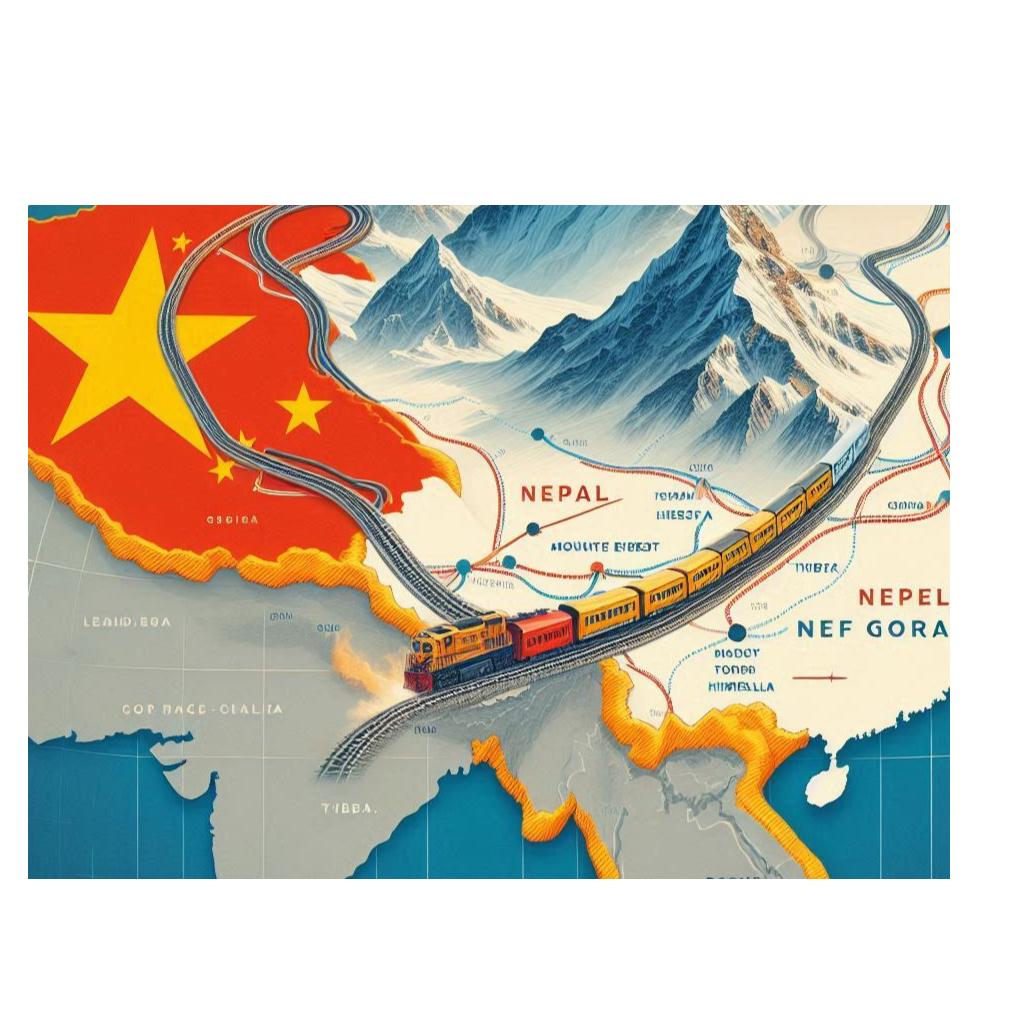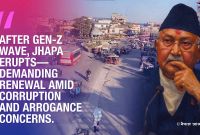Did the BRI Controversy Bring Down the Prachanda Government? Uncover the Burden of Chinese Debt!

Nepal is currently embroiled in a significant political controversy centered around the Belt and Road Initiative (BRI). This issue is believed to have played a crucial role in the recent collapse of the government led by Prime Minister Pushpa Kamal Dahal, commonly known as Prachanda, and the subsequent formation of a new government under the alliance of the Communist Party of Nepal (Unified Marxist Leninist) and the Nepali Congress.
A pivotal moment in this unfolding drama occurred on July 1st, when the Nepali Congress made a decisive move by declaring that it would not accept any projects under the BRI that involve loans. The party, while acknowledging the importance of maintaining strong ties with China, made it clear that it would only accept BRI projects that come in the form of grants rather than loans. This decision is seen as a significant setback to China's plans for investing in Nepal through the BRI.
The impasse between Chinese and Nepali representatives further escalated when a critical agreement under the BRI framework failed to be signed. The disagreement arose over the term "carry out," which became a contentious issue at the last minute, leading to the breakdown of the agreement. Nepal, aware of the potential debt burden associated with BRI participation, exercised caution in its negotiations with China.
Despite efforts by Nepal's then Foreign Minister Narayan Kaji Shrestha, who had secured cabinet approval on June 24th for signing the BRI agreement, the deal ultimately did not materialize. Nepal's Foreign Secretary, Sewa Lamsal, and Chinese Ambassador to Nepal, Sun Weidong, were set to sign the agreement during the Nepal-China Diplomatic Consultation Mechanism meeting in Kathmandu. However, when the Chinese side proposed removing the term "carry out," the deal fell through.
The connection between the BRI controversy and the fall of the Prachanda-led government suggests that Nepal is keen on maintaining strong relations with China while avoiding projects that could lead to a debt trap. Many experts have warned of the risks of falling into a debt trap with China, citing Sri Lanka's Hambantota Port as a cautionary example that Nepal should consider.
Amidst this backdrop, recent statements by Chinese Ambassador Cheng Song have added to the controversy. Cheng referred to Pokhara International Airport as a part of the BRI, raising questions about how the airport could be considered a BRI project when Nepal has not officially signed onto the initiative. This dispute has sparked a new debate in Nepal-China relations.
The ongoing discussion in Nepal's political circles now revolves around the need to explore alternatives to the BRI while maintaining balanced relations with China. There is growing consensus that Nepal should seek grant-based projects and other forms of cooperation rather than participating in BRI loans, which could have serious long-term implications for the country's economic security.
In conclusion, Nepal finds itself at a crossroads, where managing its relationship with China without the BRI has become a priority. The controversy surrounding the BRI has revealed the need for a reassessment of Nepal-China relations, signaling a potential shift in Nepal's foreign policy.
China In Nepal Prachanda Narayan Prakash Saud



![From Kathmandu to the World: How Excel Students Are Winning Big [Admission Open]](https://nepalaaja.com/img/70194/medium/excel-college-info-eng-nep-2342.jpg)
